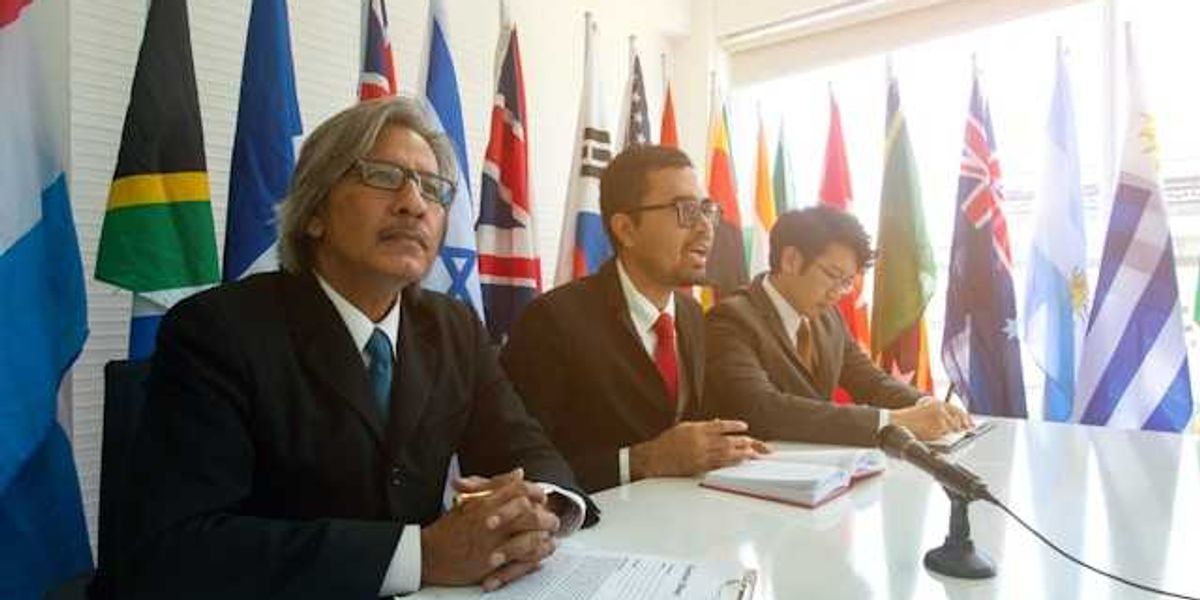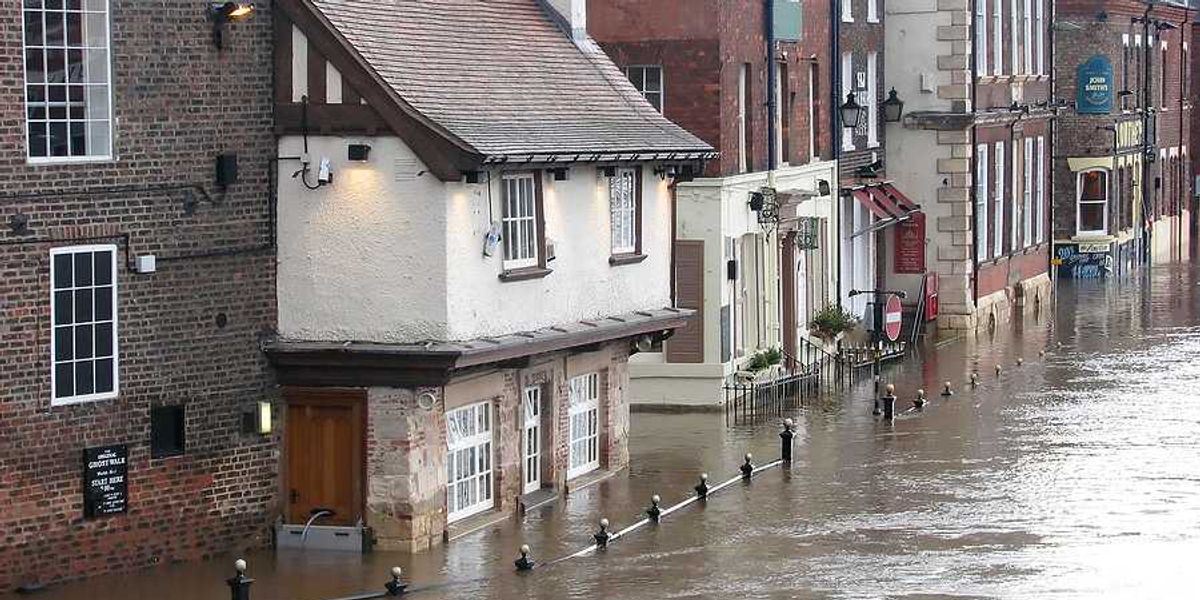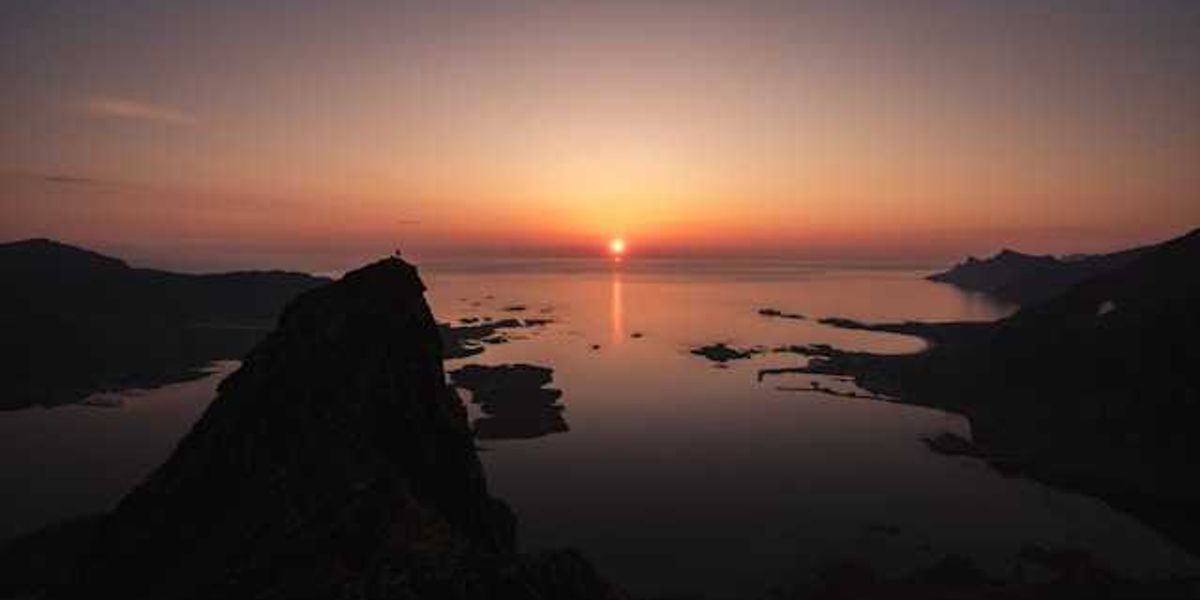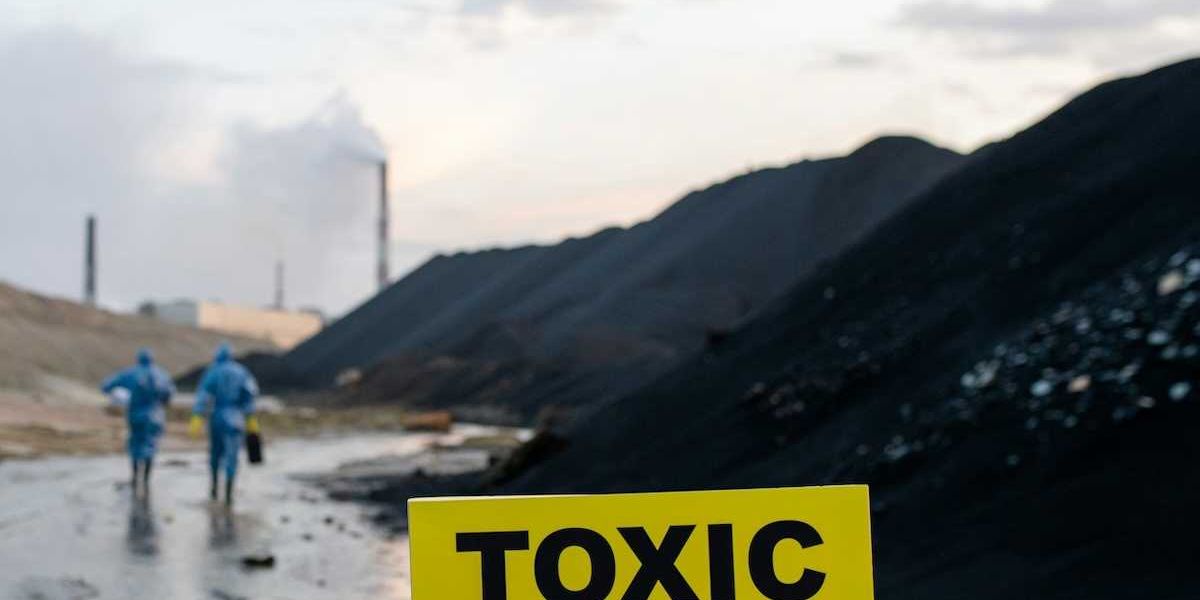Trump officials court support in Alaska for drilling and massive gas pipeline plan
The Trump administration sent top officials to Alaska this week to advance oil drilling in the Arctic National Wildlife Refuge and revive a $44 billion natural gas pipeline project aimed at exports to Asia.
Becky Bohrer reports for The Associated Press.
In short:
- U.S. Interior Secretary Doug Burgum, Energy Secretary Chris Wright, and Environmental Protection Agency Administrator Lee Zeldin are meeting with Alaska lawmakers and Indigenous leaders to push forward fossil fuel projects previously stalled under the Biden administration.
- Trump’s executive order seeks to reinstate canceled leases in the Arctic refuge, while state officials push for greater federal revenue sharing from oil and gas projects.
- Asian countries including Japan and South Korea are being pressured to invest in the proposed 810-mile pipeline, though no firm financial commitments have been made.
Key quote:
“I think we should be looking at climate solutions that work for Alaskans, not trying to open up places that industry is taking a pass on, namely the Arctic refuge.”
— Andy Moderow, senior policy director with the Alaska Wilderness League
Why this matters:
The renewed push for oil and gas development in Alaska reflects a broader debate about the economic future of a state dependent on fossil fuels and the global urgency of addressing climate change. Drilling in the Arctic National Wildlife Refuge has long been controversial, both for its potential impacts on wildlife and the cultural significance of the land to Indigenous communities. The Trump administration’s visit signals a return to aggressive fossil fuel advocacy, with strategic geopolitical undertones as it seeks foreign investment from energy-hungry nations like Japan and South Korea. The proposed gas pipeline would run more than 800 miles through remote tundra, raising concerns about construction impacts, methane emissions, and long-term viability in a rapidly warming Arctic. Meanwhile, shifting oil prices and unsteady markets cast doubt on the promise of sustained economic gains.
Read more: House Republicans push sweeping fossil fuel expansion in budget bill













